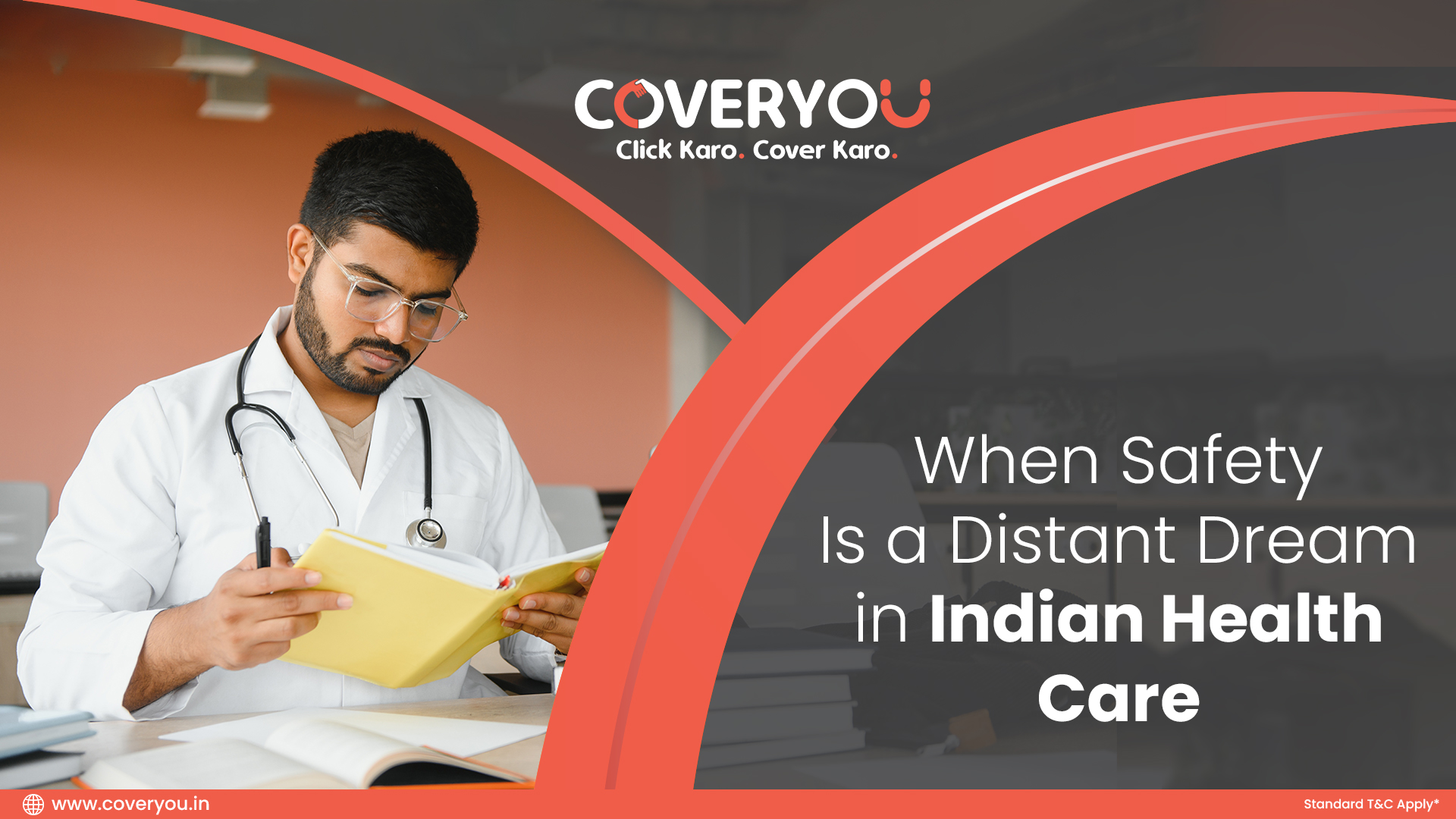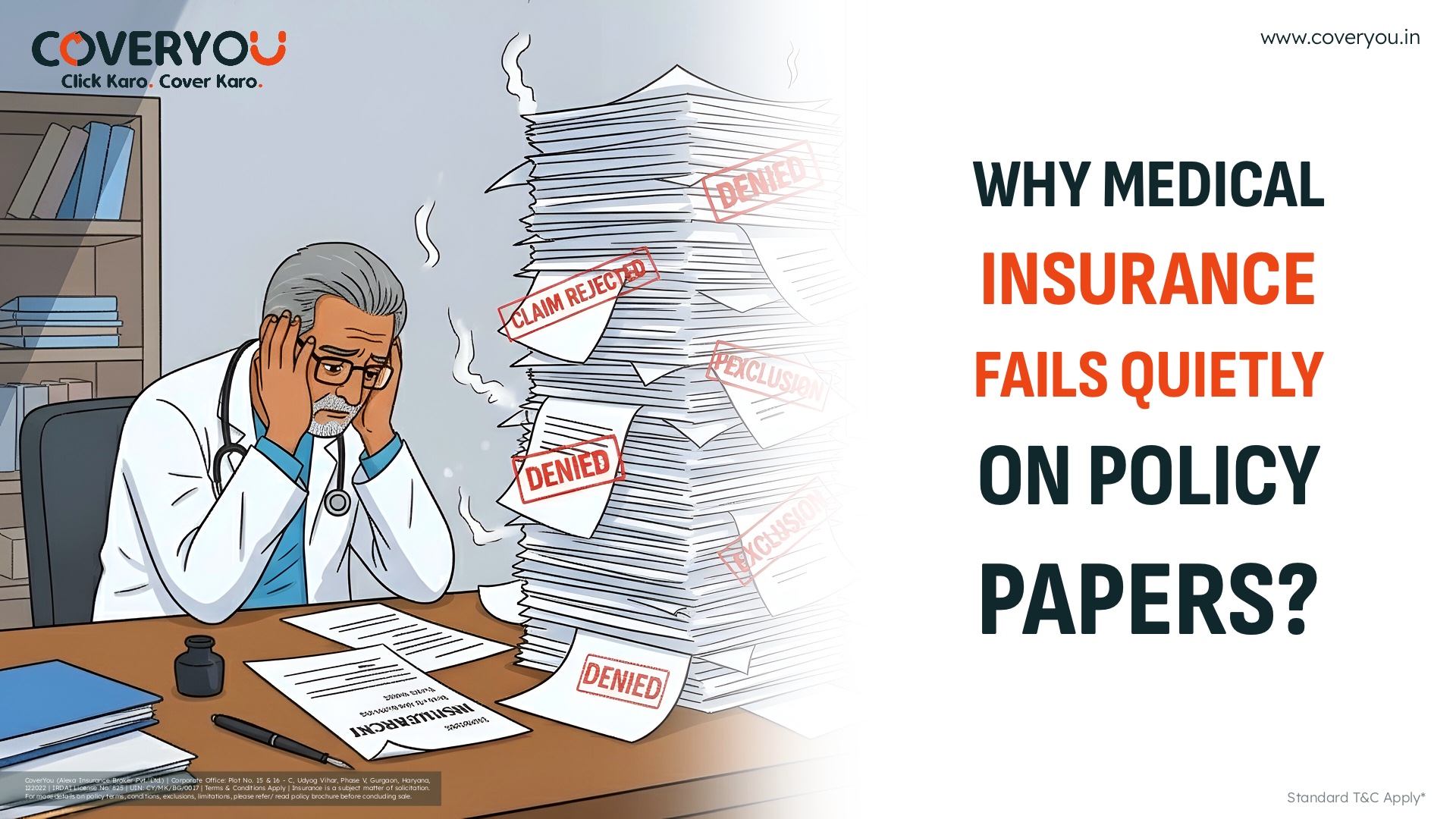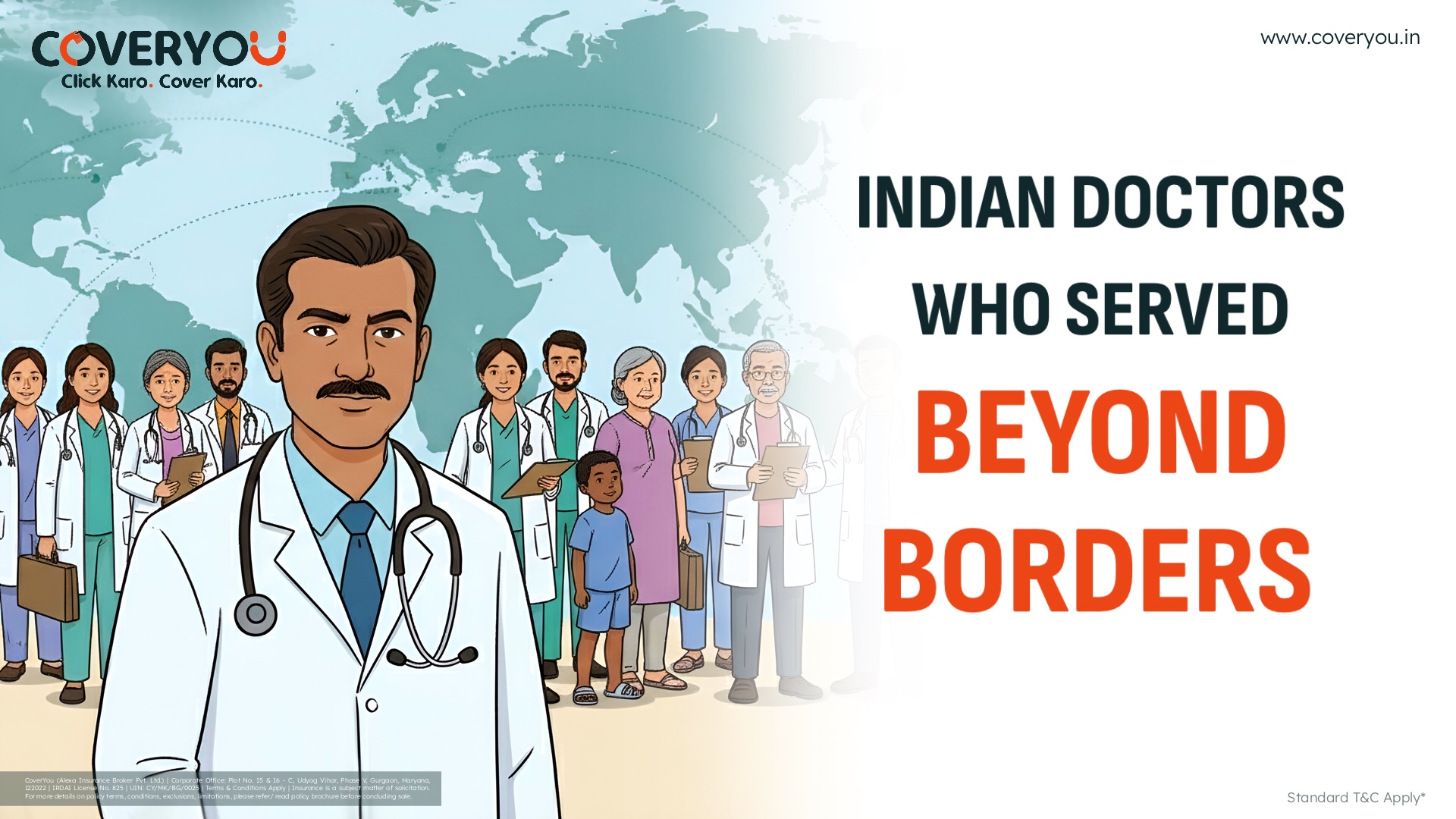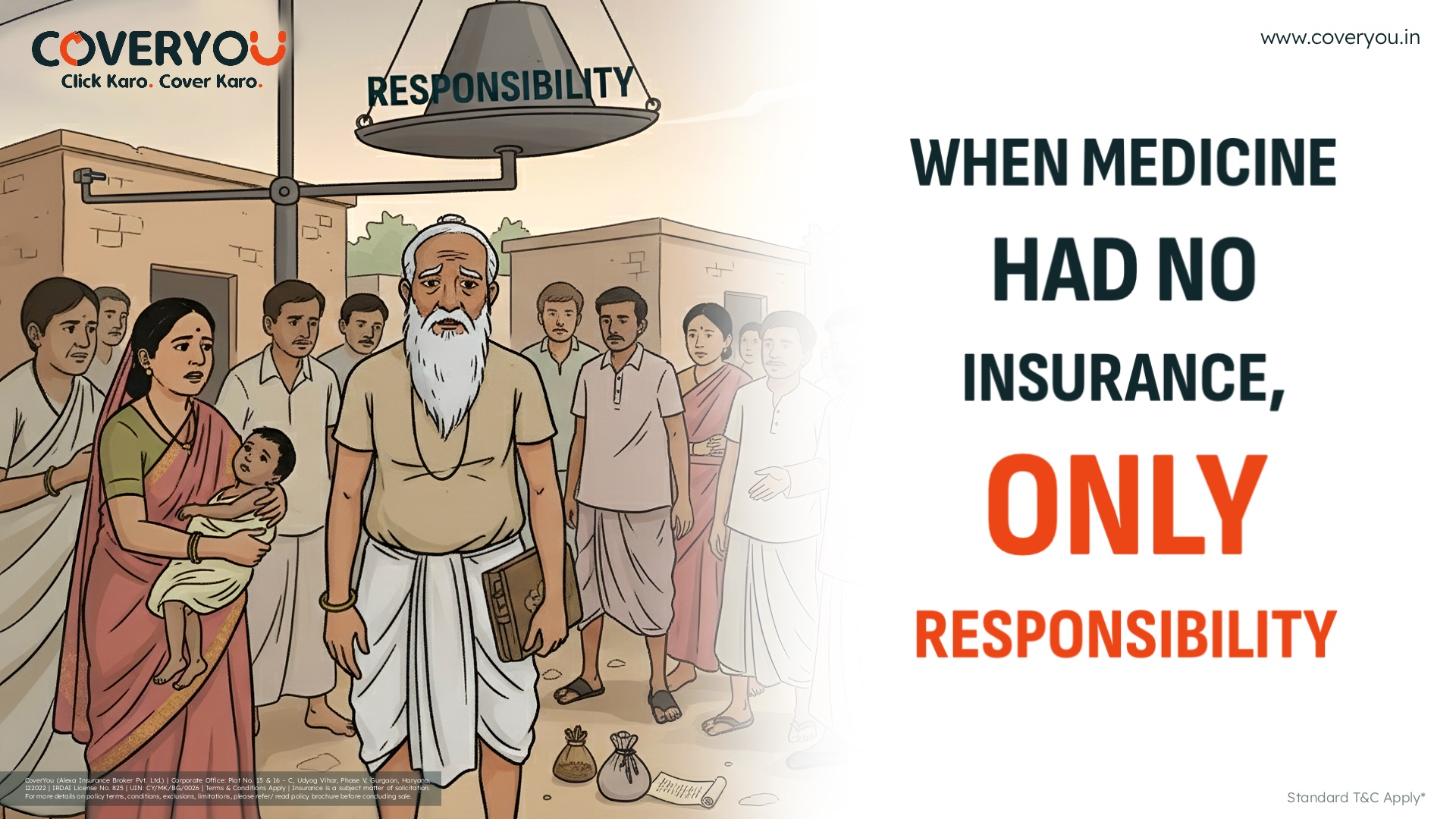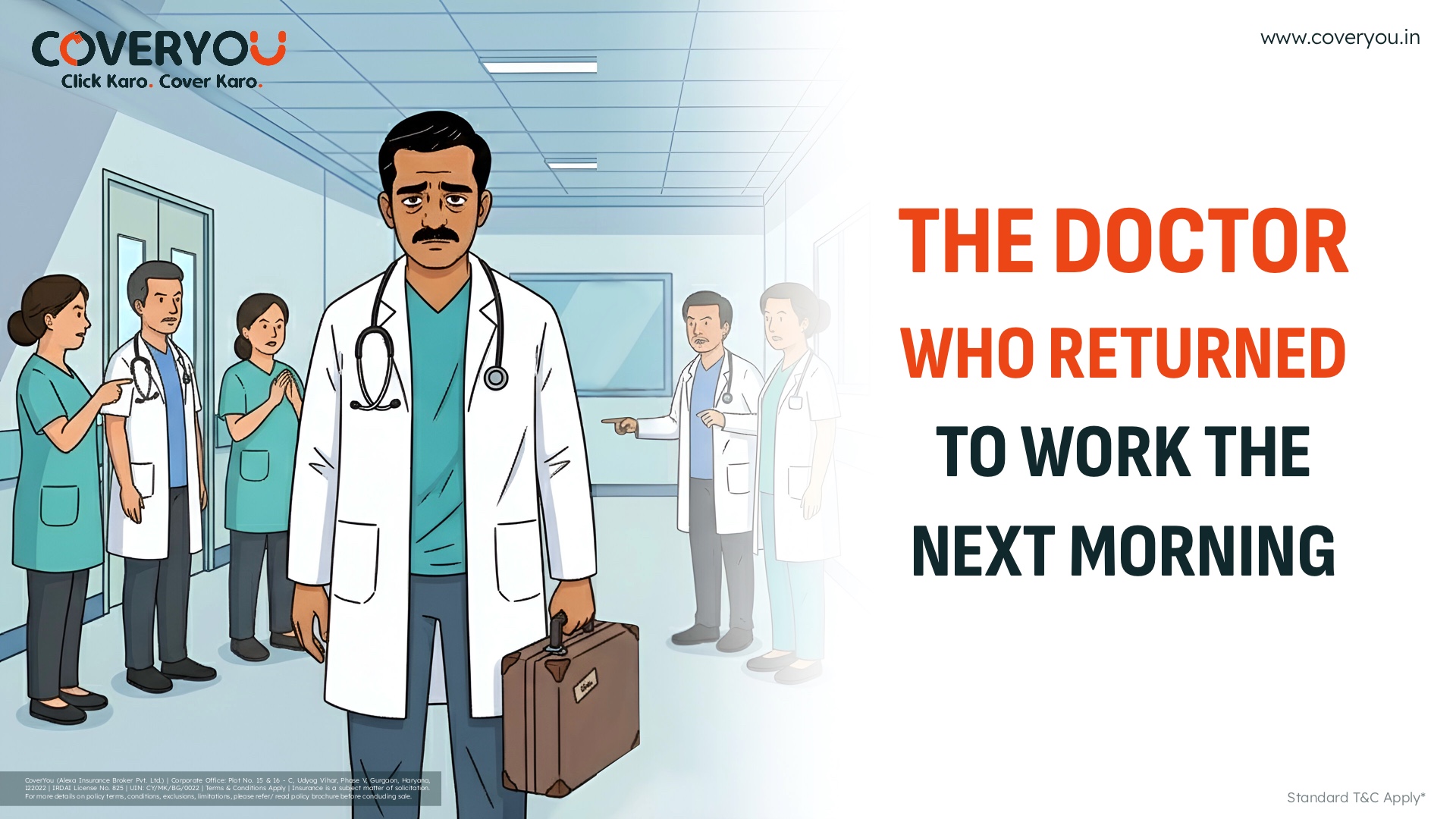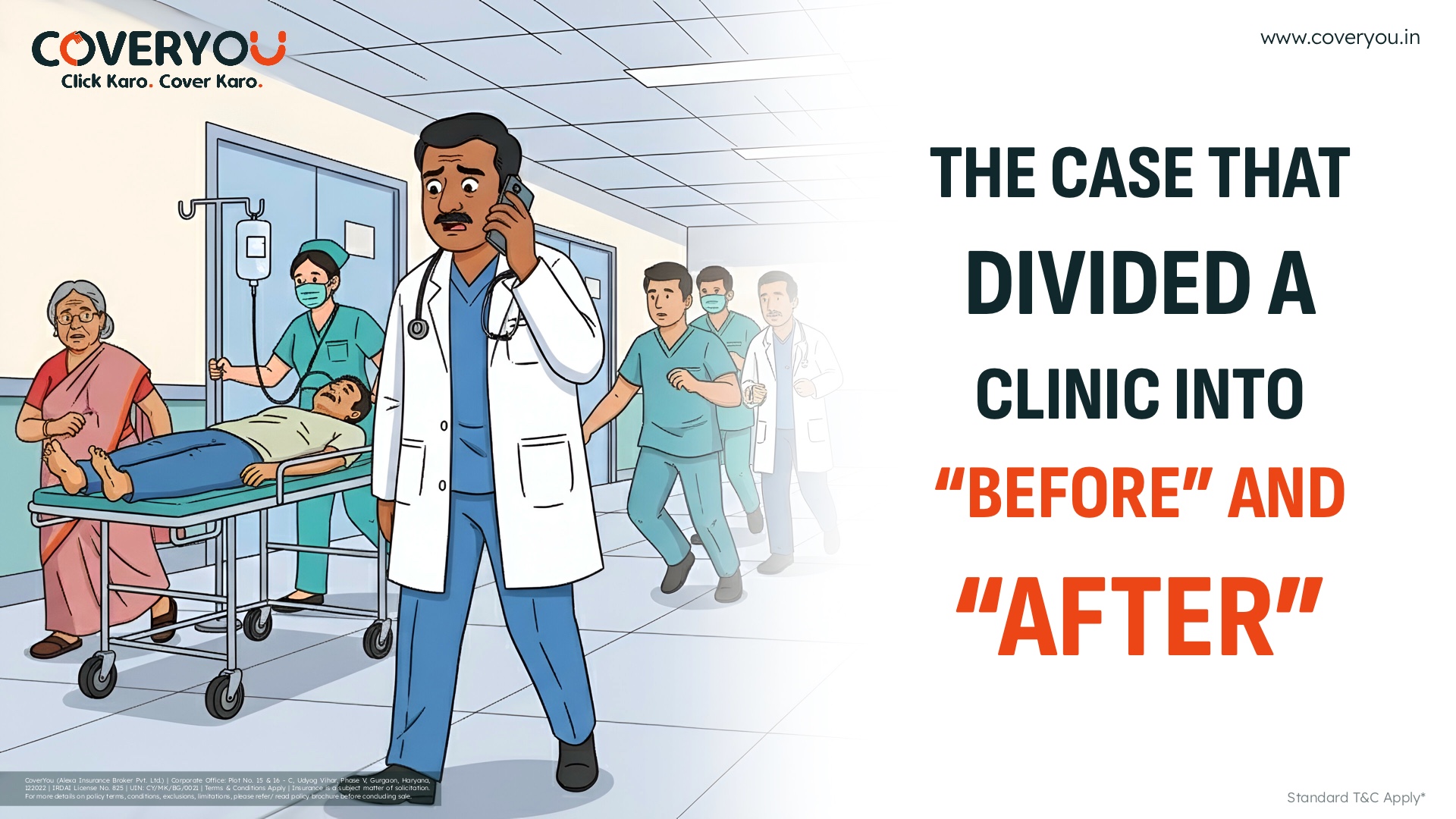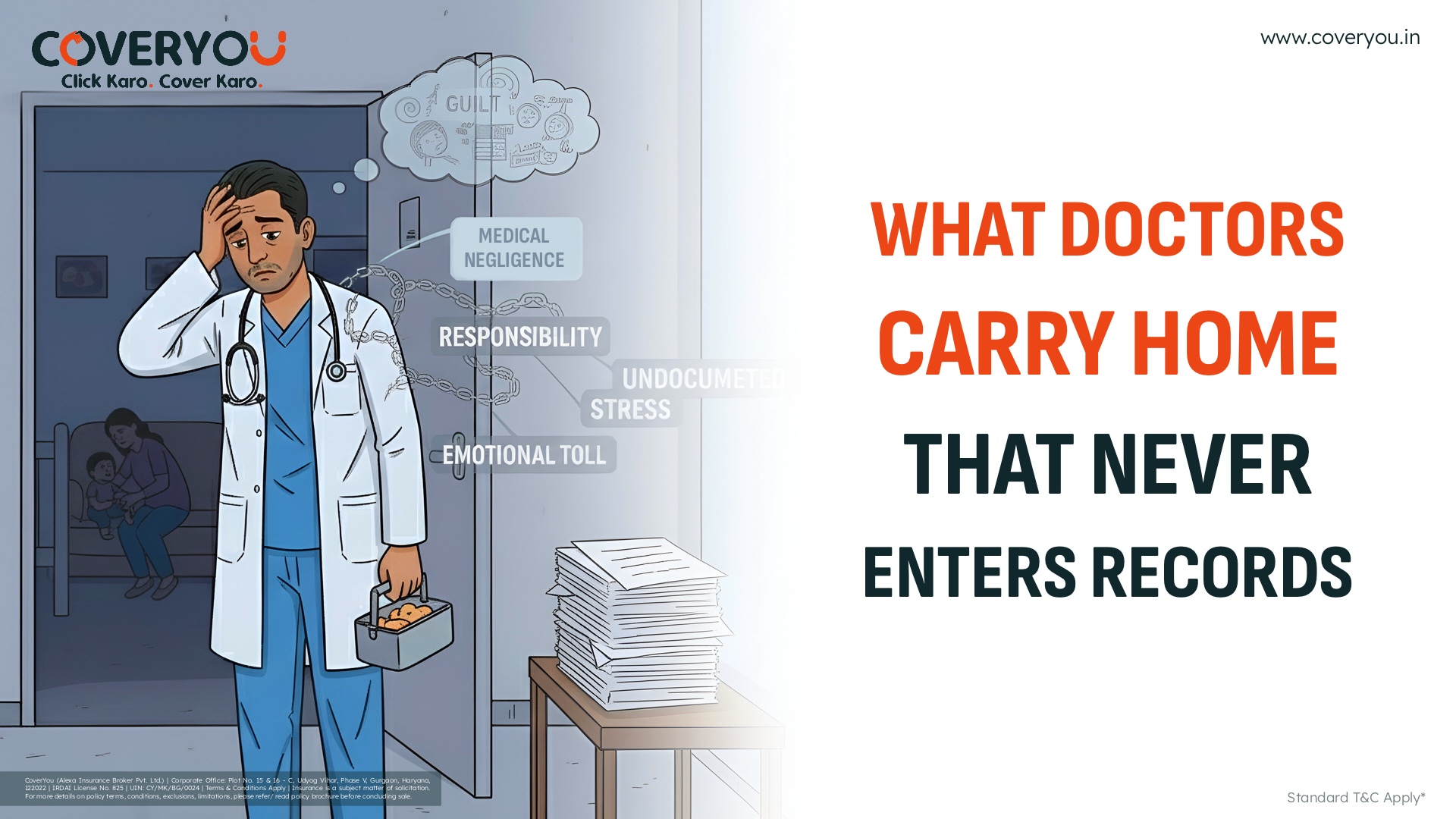India’s healthcare workers are below average when it comes to feeling safe at work. More than 50% of India’s healthcare workers feel their workplace is unsafe. This isn’t some random issue, it’s a shocking reality where 58.2% of professionals who are threatened and feel unsafe at work. When those charged with saving lives are themselves endangered, it is not merely an institutional breakdown; it is a crisis.
Government-Managed Institutions at the Centre of the Storm
The issue is severe, especially in the state and central government medical colleges, according to this study conducted by specialists from VMMC, Safdarjung Hospital and AIIMS. More than 71% of respondents said they worked in government-run institutions, where the absence of safety infrastructure is glaringly apparent.
Violence, Threats, and Inadequate Security
The numbers are telling the harsh reality where 78.4% threatened at work. Some 81% had seen violence with their own eyes. Still, almost half said those incidents were not handled well. It’s a situation that leaves doctors, nurses and staff vulnerable, unsupported and at risk.
A Defense System in Disarray
More than 70 percent of healthcare workers said security guards did not work. For high-risk spaces such as ICUs and psychiatric wards, access control is severely lacking. Incredibly, more than 90% of institutions did not have proper weapons or dangerous objects screening. This presents a situation where not only healthcare providers but also patients are still at risk for possible harm.
The Sharp Divide Between Public And Private Institutions
From government to non-government institutions, there is a huge variance in security satisfaction. The highest dissatisfaction among the respondents about the numbers of security personnel was reported in both the state government medical colleges with over 63% displeased. Research has demonstrated that dissatisfaction including emergency alarms and access control was 3.5 times more in government institutions than in private institutions.
The Price of a Life Outweighs Inadequate Safety
Besides physical security, it is also the absence of minimum amenities that compounds the trauma. Almost half of all health-care workers said they did not have a dedicated duty room and those that did also lacked ventilation, pest control, and air conditioning. Long hours, without even the basic comforts, compound an already difficult environment.
Why Comprehensive Indemnity Matters Now More Than Ever
In a system in which safety is being undercut, that raises the stake for doctors’ professional lives. Given the high incidence of violence and the dissatisfaction with institutional responses, professional indemnity insurance is not so much a safeguard, as it is a requirement. If the ecosystem you operate in continues to be volatile, a comprehensive indemnity policy is the best way to protect your career and your reputation from unforeseen legal and professional threats.
A Call for Urgent Reform
The study highlights the urgent need for systemic and systematic reforms in health care security. This is only the beginning: More security personnel, access controls, and duty room conditions. Protocols for preventing and responding to violence must become non-negotiable priorities.
For the Doctors, Of the Doctors, By the Doctor,
So what makes CoverYou best? These challenges are familiar to us at CoverYou, where our only partners are doctors. With you saving lives, we safeguard your career, reputation, and your future with our Customized doctor centric professional indemnity policy. In an unsafe environment, your safety net shouldn’t be compromised.
Now is the Time for a Change
These are not just numbers, these are real people who devote themselves to healing others. With the issue of healthcare safety finally taking center stage, it’s time for doctors to put their own safety on a pedestal. Because when those sworn to protect feel scared, the whole system is in danger.
